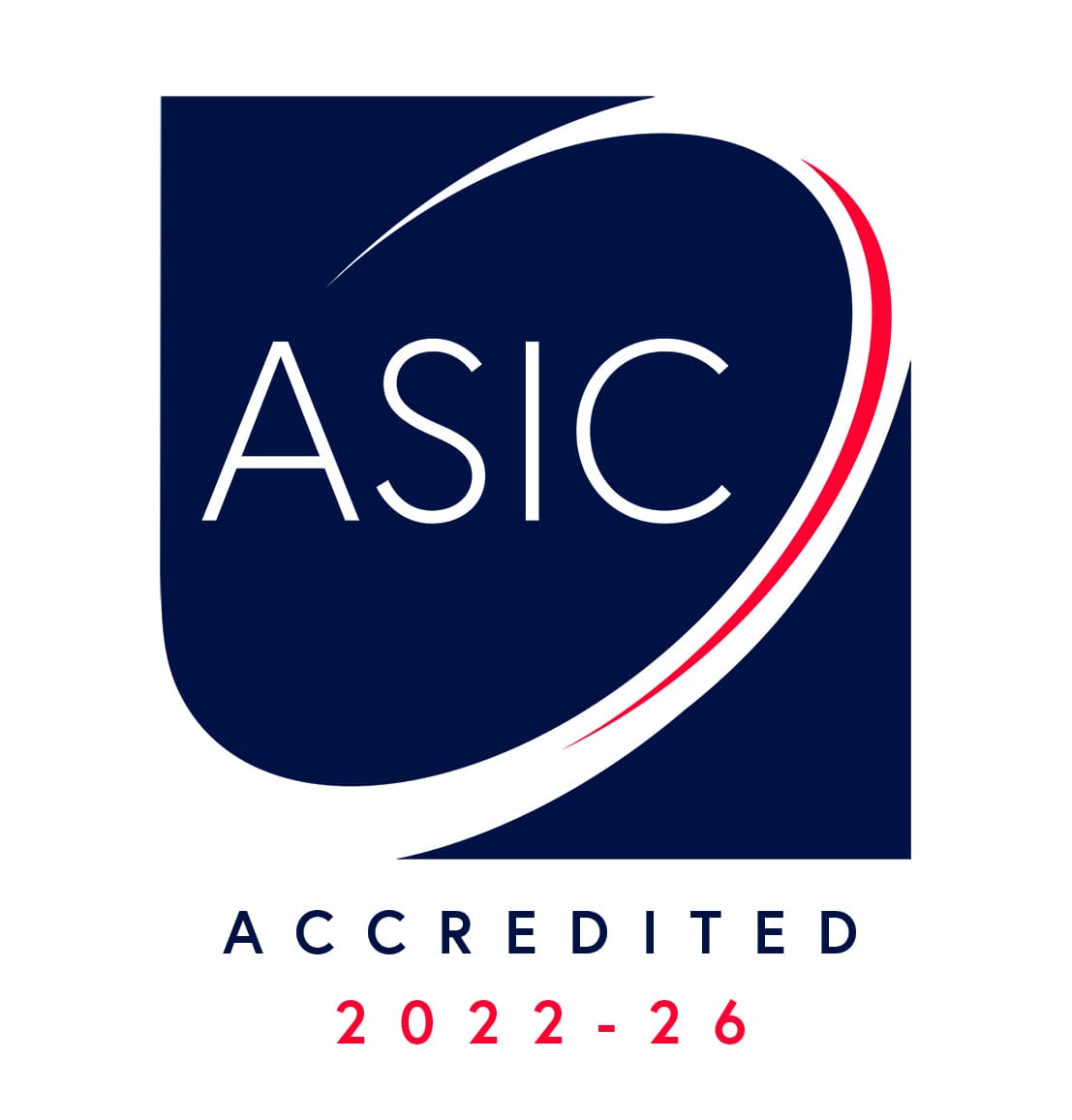Marketing Management

The subject is lectured in these programmes:
Marketing Management |
| Joelle Bhullar |
| WHAT DO STUDENTS GAIN FROM THE STUDY AND FROM COMPLETING THIS SUBJECT |
|
Studying this subject will give you an understanding on how to conduct a situation analysis and determine a company's competitive advantage. You will gain a broad understanding of how marketing professionals develop and implement marketing strategies to meet the needs of their customers while achieving their business objectives. This course will explore issues including consumers, customer segmentation, products and services, pricing strategies and managing new technology. This module explores customer segmentation, target consumers, products and services, and pricing strategies. The study material explores the difference between sales and market orientations. Additionally, you will learn the nature of strategic planning and why a marketing plan is important. An explanation is provided on how to set marketing plan objectives by focusing on markets served and benefits sought by its customers. Lastly, you will learn about target market strategy and marketing mix. Product, place, promotion and pricing are introduced, and implementation of the market strategy is explained. You will gain an understanding why market managers should recognize consumer behavior including the components of the consumer decision making process. Additionally, you will learn about the criteria for successful segmentation and bases for segmenting consumer markets, as well as the difference between a product item, product line and product mix. After completing this subject, you will be able to develop sound marketing strategies through a S.W.O.T. analysis. Studying this subject will mainly give you an opportunity to continuously consult your lecturer, an expert on the topic, about real problems, practical cases and situations, and to design a solution to these problems in the form of practically oriented case study (essay) elaborated under the lecturer’s guidance. As the consultations are not held in groups but only between you and the lecturer, you can consult also sensitive company issues, including specific data etc., without any worries about sharing this information with other students. The output from this subject is thus a valuable document that can be immediately used in your own company or job, providing high value-added thanks to one-to-one consultations with an expert. |
| EXAMPLES OF FIELDS AND TOPICS TO BE CONSULTED WITH THE LECTURER |
| Field 1 - Cost analysis |
| Field 2 - Pricing strategy and analysis |
| Field 3 - Entrepreneurial/ Small business startups |
| Field 4 - Customer lifetime value |
| More topics within the lecturer’s area of competence can be agreed upon |
| COMPLETION OF THE SUBJECT |
| In order to complete the subject, students elaborates an essay in which they address a specific topic from their practice related to the given subject, or one of the model topics prepared by the lecturer (see below). The essay should contain 7-10 pages in the A4 format, comprising at least 8 standard pages of text. The evaluation of the essay is done by the lecturer and expressed in percentage 50% and more means that the student has completed the subject successfully. |
| MODEL TOPICS FOR THE ESSAY |
| 1. SWOT analysis of the company you work for |
| 2. SWOT analysis of a company you will be starting |
| 3. SWOT analysis of a global organization (Google, IBM, Apple, etc) |
| 4. SWOT analysis of a regional company (Travel Agency, English Language School) |
| 5. SWOT analysis of a non-profit organization |
| STUDY LITERATURE AND OTHER RESOURCES : |
| Supporting study materials elaborated by the lecturer (available online in the study system) |
| E-books available online: |
| How to Write a Marketing Plan |
| The Marketing Plan Handbook, 6th Edition |
| Other study literature (Authors: Name, Publisher, Year of publishing, ISBN): |
| Organic solid waste management in a circular economy perspective – A systematic review and SWOT |
|
Luis Alberto Bertolucci Paes, Barbara Stolte Bezerra, Rafael Mattos Deus, Daniel Jugend, Rosane Aparecida Gomes Battistelle, Organic solid waste management in a circular economy perspective – A systematic review and SWOT analysis, Journal of Cleaner Production, Volume 239, 2019, 118086, ISSN 0959-6526, https://doi.org/10.1016/j.jclepro.2019.118086 Abstract: This study carried out a systematic literature review and content analysis to identify the state of the art and the strengths, weaknesses, opportunities, and threats (SWOT analysis) of organic waste management through circular economy (CE) principles and created a research agenda on the topic. The main threats and weaknesses were: logistic cost and supply chain management; seasonality; availability and lack of homogenization of the raw material (organic waste); quality and efficiency of the alternative product, which is not economically competitive with traditional ones; and lack of technical standards and regulation. The main strengths were: the possibility to turn waste streams into valuable resources, contributing to environmental improvement and greenhouse gas emission reduction and costs reduction; stimulation of cooperative projects and production of bio-based chemicals and energy; and job creation and new investment opportunities as the result of the development of a new business model and a new value chain based on organic waste, boosting companies that focus on green solutions. The proposed research agenda concentrated on emerging value chains and modifying existing business models, legislation and taxation to aid in the competitiveness of alternative materials derived from organic waste in a CE perspective. Keywords: Bio-economy; Waste recovery; Value chain; Closed loop; Circular economy |
| Other useful resources (videos, online professional groups, blogs, discussions etc.): |
| Simplify Your Strategy |
| https://www.youtube.com/watch?v=PZg6Q8HJ6Iw |
| The Five Competitive Forces That Shape Strategy |
| https://www.youtube.com/watch?v=mYF2_FBCvXw |
